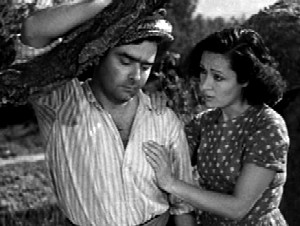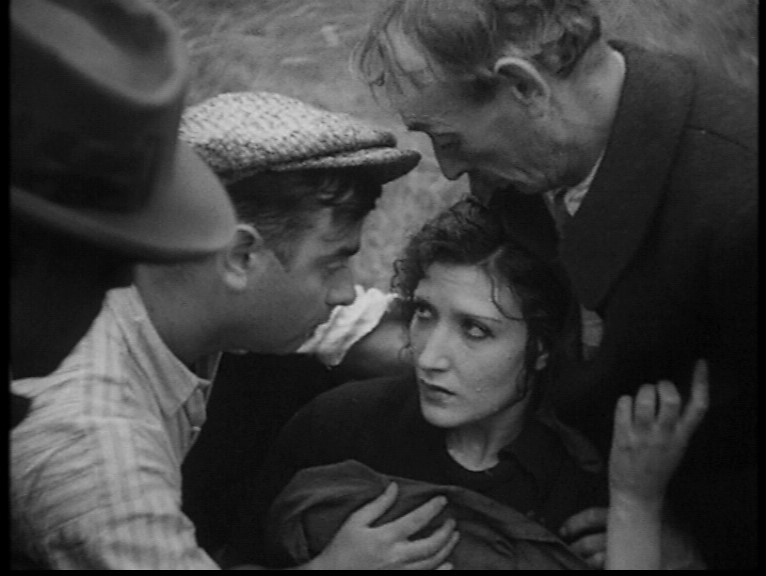The Homecoming & The Maids (1976 reviews)
Perhaps the closest I’ve come to writing theater criticism are the two reviews I did of the “American Film Theatre” productions of The Homecoming and The Maids in successive issues of the Monthly Film Bulletin in 1976 — a good filming and adaptation of a good play and a terrible filming and adaptation of what I consider an even greater play. So I’m reproducing these two reviews back to back. — J.R.
Homecoming, The
U.S.A./Great Britain, 1973
Director: Peter Hall
An attempt, largely successful, to approximate Peter Hall’s original stage version of The Homecoming in London (1965) and New York (1967), with only two cast changes: Cyril Cusack as Sam in place of John Normington, and Michael Jayston as Teddy in place of two previous Michaels –- Craig (New York) and Bryant (London). The outsized living room continues to function as a sort of masterpiece of hyper-realism, and the cast remains uniformly superb; if memory serves correctly, Paul Rogers has made Max somewhat nastier this time around while Ian Holm’s Lenny has become marginally more charismatic, and both of these changes seem to work to the play’s advantage in terms of overall balance. The only concessions to “opening out” the action are a few establishing or continuity shots of the street outside, some pointless glimpses of Ruth taking her walk, and brief forays into the kitchen. Read more



